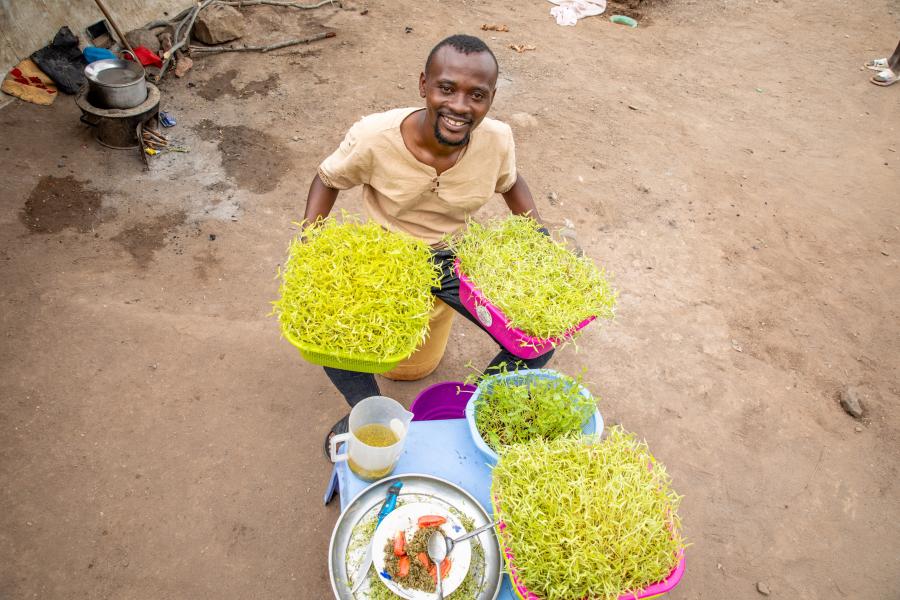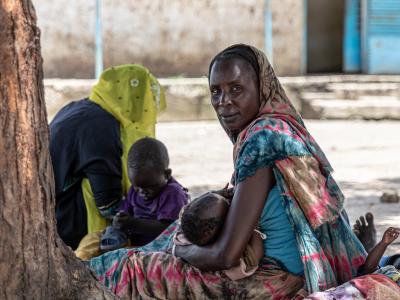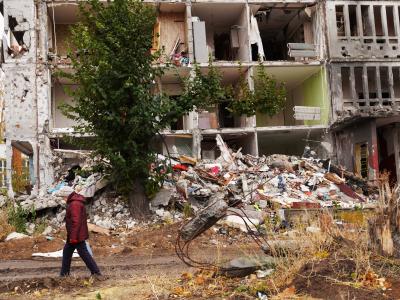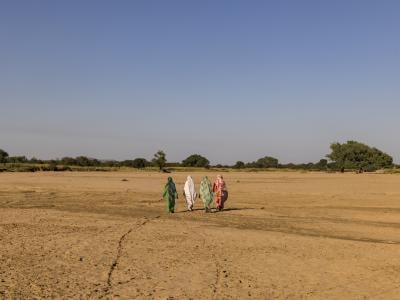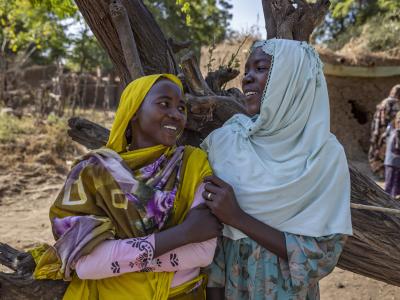Global financial needs amount to $545 million (-2% vs 2024 current budget)
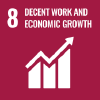
Most refugees do not have an unrestricted right to decent work, even though their right to work is protected by international law and their labour can benefit the host economy. In 2025, UNHCR will facilitate and coordinate economic inclusion activities and test new and promising approaches. UNHCR aims to influence law and policy reforms and reach 1 million people with targeted economic inclusion interventions and social protection programming by 2027. We will expand refugee employment platforms, support financial inclusion, and promote employment through partnerships such as PROSPECTS, which has already helped over 350,000 displaced people.
Core Outcome Indicators

Proportion of people with an account at a bank or other financial institution or with a mobile-money-service provider

Proportion of people who self-report positive changes in their income compared to previous year

Proportion of people (working age) who are unemployed
Core Output Indicators

Number of people who benefitted from livelihoods and economic inclusion interventions*
2024 Mid-year progress: 174,000
*79 country operations reporting
Financial overview
